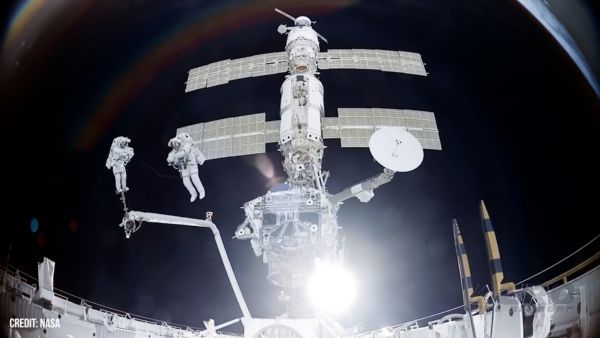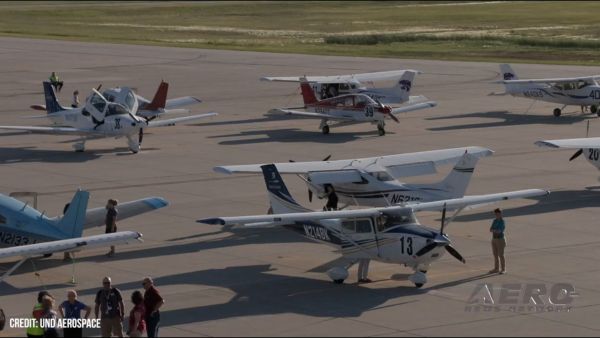Sun, Dec 20, 2020
Advertisement
More News
 Icon Aircraft Bankruptcy Chooses A 'Winner' -- Appears to Be Chinese Ownership
Icon Aircraft Bankruptcy Chooses A 'Winner' -- Appears to Be Chinese Ownership
'SG Investment America' Leads Small List Of Suitors News, Analysis and Opinion by ANN Editor-In-Chief, Jim Campbell The long, embarrassing saga of Icon Aircraft is entering a new c>[...]
 'CLIMBING. FAST.' Campaign Builds Speed
'CLIMBING. FAST.' Campaign Builds Speed
Congressional Caucus Quickly Finds Fans in Business Aviation Community A dozen international Av-Biz stakeholders have responded to the establishment of the Congressional Sustainabl>[...]
 Volato Chooses SmartSky for Internet Provisions
Volato Chooses SmartSky for Internet Provisions
Future Operations to Sport End-to-End Internet Connectivity Throughout the Trip Volato has opted to go with SmartSky for its future inflight connectivity needs, selecting the Smart>[...]
 ANNouncement: Now Accepting Applications For Oshkosh 2024 Stringers!!!
ANNouncement: Now Accepting Applications For Oshkosh 2024 Stringers!!!
An Amazing Experience Awaits The Chosen Few... Oshkosh, to us, seems the perfect place to get started on watching aviation recover the past couple of years... and so ANN is putting>[...]
 Surf Air Establishes Foothold in Brazil
Surf Air Establishes Foothold in Brazil
Charter Operator Promises to Convert 4 of its Grand Caravans to Surf's Electric Propulsion Surf Air Mobility inked a memorandum of understanding with a Brazilian Caravan operator t>[...]
blog comments powered by Disqus




